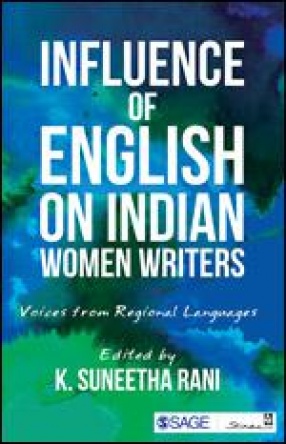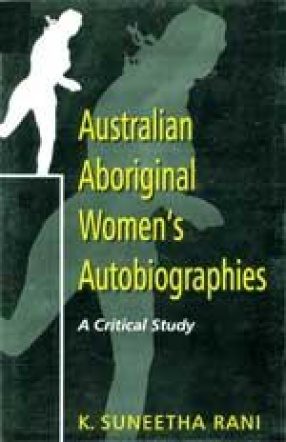
Showing all 3 books

English as a symbol of modernity in India was first accessed by men, giving them a new image of masculinity while Indian languages were ‘feminized’—seen as meant for women. Among upper-caste women, English was a vehicle for social reform and for lessening seclusion, invisibility and economic dependence. For the so-called lower castes, the language was aspirational, indicating emancipation and empowerment possibilities, and threatening ...


Australian Aboriginal women's autobiographies function as literary vehicles that convey the writers' protest against colonization and oppression. They deconstruct the history and Aboriginal identity created by the colonizers and come up with alternative histories in the form of autobiographies, thus writing not only their own stories but also the life stories of people like them. The writers emerge with multiple identities and the voices that are ...
